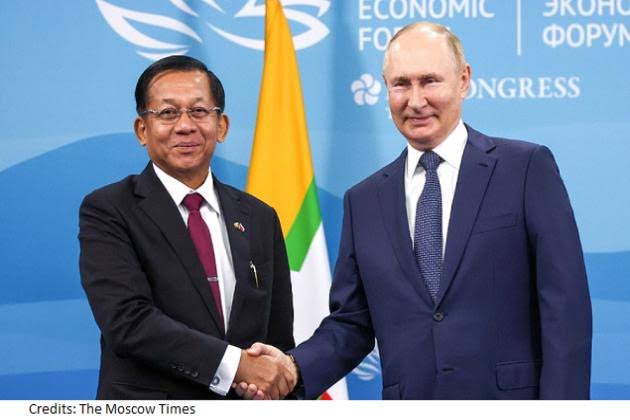Make in China ventures face unprecedented difficulties

An annual survey by the US-China Business Council showed that American corporations in China were in “wait-and-see mode”, not planning to make any changes over the next 12 months.
The survey revealed record-low optimism about business conditions in China, with American firms citing weak domestic consumption, supply-chain disruptions and strained bilateral relations between the two countries.
The most recent figures show that investment from the United States slumped by 23.8 per cent in 2020, compared with 10 years earlier, and that investment from the European Union fell by 11.8 per cent in 2020 from the previous year.
Navigating China’s regulatory policies, often affected by political circumstances, also creates new challenges that weigh on the decision-making of foreign investors, according to Hugh Chow, a partner at the Greater Bay Area-focused Radiant Tech Ventures.
China’s foreign firms are struggling to survive due to unprecedented difficulties and uncertainties amid strict COVID-19 lockdowns in the country.
Kandy Wong and He Huifeng, writing in The Star said that even in one of China’s most economically dynamic regions – the Greater Bay Area – several foreign firms that are intent on maintaining a presence in the country continue to put off expansion plans or have begun scaling back operations, according to business insiders and representatives.
This comes after more than two years of strict and sometimes unscientific coronavirus controls, supply-chain problems, and a deterioration in bilateral relations with Western countries.
“Japanese companies and other foreign companies are downsizing their operations in China,” said Tace Chen, a senior executive at a Japanese consultancy firm in Guangzhou who declined to identify her business due to the sensitivity of the issue.
China’s hardline zero-Covid policy is deeply affecting the prospects of foreign firms in the country.
This type of waning confidence among foreign investors – and the potential impact it has on China falling out of favour as an investment destination – is on the minds of policymakers in the lead-up to next month’s 20th party congress, when leaders will outline the nation’s focus of development for the next five years, reported The Star.
External factors such as the war in Ukraine and tensions across the Taiwan Strait are among those creating conundrums for China on multiple fronts while also diminishing its appeal among multinationals.
“An ever-growing list of political developments is now having an impact on business,” said Joerg Wuttke, president of the European Union Chamber of Commerce in China.
“For example, a third of European businesses report that China has become a less-attractive investment destination following Russia’s invasion of Ukraine,” added Wuttke.
Wuttke also said China’s stringent virus-control policy suggests that Beijing is “prioritising ideological factors at the expense of its economy.”
China’s economic growth during the year’s second quarter was a mere 0.4 per cent, weighed down by heavy-handed restrictions and large-scale lockdowns in major cities such as Shanghai, said Kandy and He.
Meanwhile, US House Speaker Nancy Pelosi’s controversial visit to Taiwan last month led to China launching large-scale military drills that encircled the self-ruled island and prompted some to say that expats there would “not wait for the shooting to start” before leaving with their families.
“Companies are assessing what impact a blockade or war would have on their global operations, particularly if they had to completely withdraw from the China market in the same way that many did from Russia,” Wuttke said.
Tommy Wu, lead China economist at Oxford Economics, also said internal and external factors are clearly affecting the investment decisions of multinationals in China.
“It just means that they will be more careful – not putting all of their eggs in one basket by implementing the ‘China plus one’ strategy,” he said, noting how some foreign investments are being diversified elsewhere.



